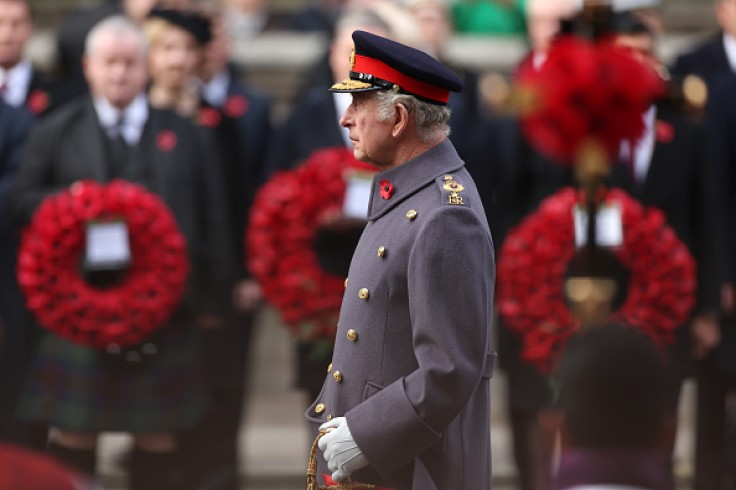
One of the most famous people in the world is perhaps the new monarch, King Charles III. However, it may not be known to many that he cares for the environment more than anyone expects. According to Wired, his vintage Aston Martin runs on surplus wine and excess cheese whey.
Even the places he calls home have been adapted to be environment-friendly. The Clarence House in London, which he built as the Prince of Wales, is fitted with solar panels. The Royal Family's summer home in Scotland, Balmoral Castle, runs on hydroelectric turbines and biomass boilers.
The King's Sentiments Toward Nature and Technology
Being an activist at heart for the environment, King Charles III has dedicated a huge part of his life to causes that help nature. He speaks about sustainability, organic farming, renewable energy, and biodiversity. He has been an advocate for reducing emissions and capturing carbon, expressing that nature is our best teacher after billions of years of evolution.
As mentioned in The Guardian, the king also stated things that carry truth with them. For instance, he pointed out that it's evident that our justifications for progress aren't hiding the bad side effects anymore.
He also stated that we live in an age where we have been accustomed to a life made easy by technology. He raised the question of what our comprehensive dependence does with our connection with nature.
King Charles III's insights about our connection to nature can certainly be intriguing, especially how tech dependence may have us believe that we are just cogs in a machine. He phrased the outlook as "merely a part of some enormous mechanical process." The king is very vocal about the worldview, wherein humankind has come to believe that they have an absolute right over nature.
Read also: Climate Change News: Scientists Accidentally Discovers How To Make Pollution Into Renewable Energy
Does Becoming the Monarch Help with His Advocacy?
People truly believe that King Charles III's concerns with environmental issues are genuine, such as Piers Foster, a professor of climate physics at the University of Leeds. He even stated that the king was the real deal when it comes to tackling issues with climate change.
He added that the king is not a fan of agricultural practices that actually harm nature. These include big agriculture emitting greenhouse gases, fertilizer input, lack of regard for soils, and biodiversity.
However, Sir Jonathan Porritt, founder of the sustainability nonprofit Forum for the Future, believes that being king may actually help the cause.
King Charles may still deem that caring for the environment is crucial, but he won't be able to fight the big fights. This has something to do with a monarch having to stay politically neutral.
Stephen Clear, a lead lecturer in constitutional and administrative law at Bangor University, said that the king might push boundaries. He pointed out that in King Charles III's memos back in 2004 and 2005, he raised his concerns about things like genetic modification, global warming, and farming.
Still, the responsibilities of a monarch in charge of a nation could prove to be a heavy burden, which might pull the king's time away from addressing green issues.
Even the king said so, stating that his will change as he ascends to the throne and that he can no longer give so much of his time to charities and issues that he cares for. However, the king could maximize his influence with the Commonwealth, which is also engaged in environmental issues.









